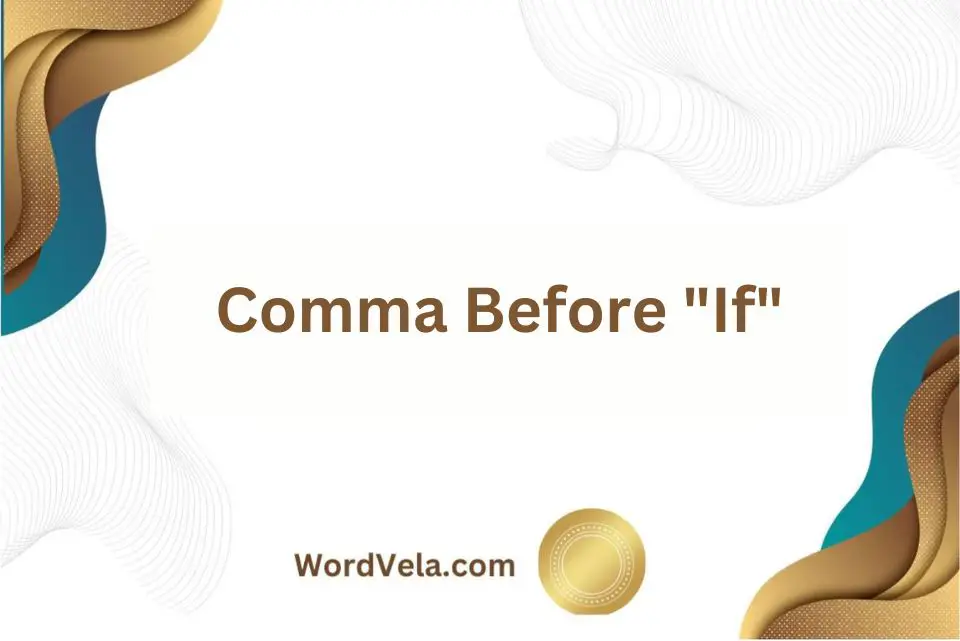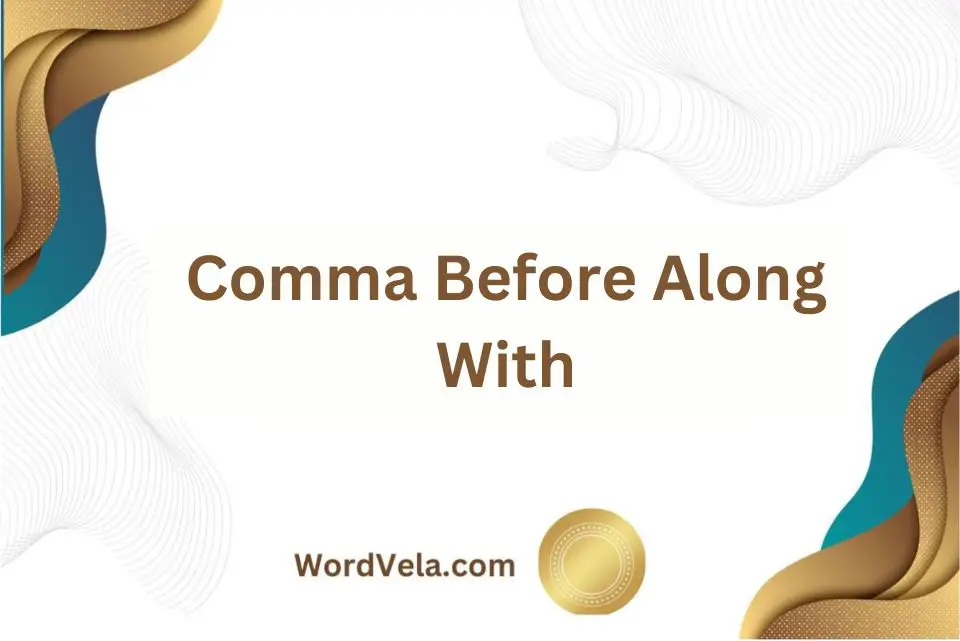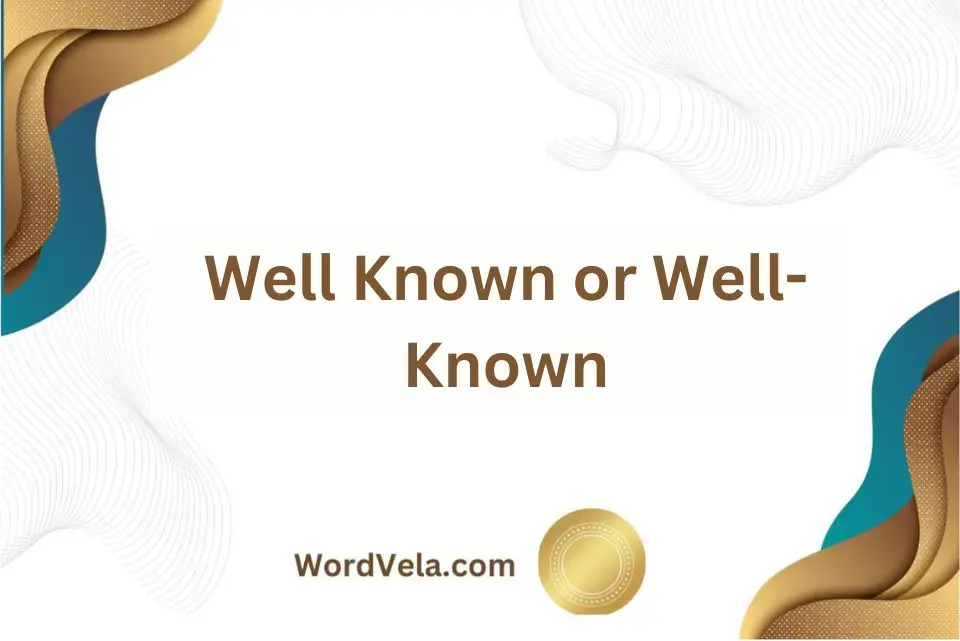Formal Ways to Say Talk to You Then: When it’s time to bid adieu in a more formal manner, there are various sophisticated ways you can express “Talk to You Then.”
From classic phrases to elegant alternatives, this article will explore 10 different formal ways to convey the message of speaking with someone at a later time.
Whether you’re looking to elevate your communication skills or simply add a touch of refinement to your conversations, these expressions will help you gracefully conclude discussions and meetings.
Table of Contents
What Are Formal Ways to Say Talk to You Then?
Here are 10 formal ways to say “Talk to you then”:
Is It Correct to Say Talk to You Then?
“Talk to you then” is grammatically correct and commonly used in informal settings.
However, its formality depends on the context:
Informal use:
Formal use:
Talk to You Then Meaning:
“Talk to you then” has several possible meanings depending on the context:
Ending a Conversation:
This is the most common meaning. It indicates that you are ending the current conversation but expect to speak to the person again soon. There’s no specific timeframe implied, just that another conversation is anticipated.
Open-Ended Promise:
It can also be used as a more casual promise to continue the conversation. This often happens when there are more things to discuss, but time or circumstance prevents further talking at that moment.
Another Way to Say Talk Soon in An Email:
| Tone | Phrase | Context |
|---|---|---|
| Formal | I look forward to our next conversation. | Versatile, expresses eagerness to continue the dialogue. |
| Formal | Thank you for your time. I will be in touch soon. | Concise, professional closure with implied future communication. |
| Formal | Please do not hesitate to reach out if you have any further questions. | Encourages continued communication while offering assistance. |
| Formal | It was a pleasure speaking with you. I look forward to connecting again soon. | Positive closure with interest in future interaction. |
| Formal | Let’s schedule a follow-up meeting to discuss this further. | Suggests next steps for specific topics requiring further action. |
| Formal | Thank you for your time and consideration. I will be sure to keep you updated on my progress. | Expresses appreciation and commitment to keeping the recipient informed. |
| Formal | I enjoyed our conversation. Please let me know if there is anything else I can help you with. | Offers assistance and reinforces willingness to go the extra mile. |
| Formal | Thank you for your time and attention. I will be sure to follow up with you on this. | Expresses appreciation and commitment to taking action on discussed topics. |
| Formal | I appreciate your insights. Please let me know if you need anything further. | Values recipient’s contribution and encourages future communication if needed. |
| Formal | It was a productive discussion. I look forward to hearing from you soon. | Acknowledges progress and indicates interest in continued communication. |
Talk to You Then Synonym:
Choosing the best synonym for “Talk to you then” depends on the specific context and desired level of formality.
Here are some options:
Formal:
Informal:
Polite Alternatives for ‘see You Later’
How Do You Say I’ll Talk to You Later Professionally?
There are several ways to professionally say “I’ll talk to you later” while maintaining appropriate formality and nuance, depending on the situation and your desired tone.
Here are some options:
Neutral:
More Specific:
Conclusion and Final Thoughts!
Mastering formal ways to say “talk to you then” can significantly enhance your professional communication skills.
By incorporating these phrases into your vocabulary, you can convey professionalism and respect in various workplace settings.
Remember to practice using these alternatives regularly to become more confident in applying them during conversations.
Embracing formal language not only elevates your speech but also demonstrates your ability to navigate diverse communication scenarios effectively.
FAQs
What Situations Call for A Formal Alternative?
Use formal alternatives in professional settings like email communication, meetings with colleagues or clients, and phone calls with business contacts.
What Are Some Key Differences Between Formal and Informal Options?
Formal options avoid slang, contractions, and exclamation marks. They focus on expressing gratitude, acknowledging progress, offering assistance, or suggesting next steps.
Can I Use a Formal Alternative if I Already Said “talk to You Then”?
Absolutely! If you realize the situation demands a more formal tone, you can follow up with a separate email or message using a formal alternative.
Are There Any Specific Words or Phrases to Avoid?
Yes, avoid informal expressions like “catch you later,” “talk to you soon,” or “chat soon” in formal settings. Additionally, steer clear of slang terms and overly casual language.
Can I Use Humor or Lightheartedness in A Formal Alternative?
While maintaining a professional tone, you can still sprinkle in a touch of humor or lightheartedness depending on the situation and your relationship with the recipient.











Leave a Reply